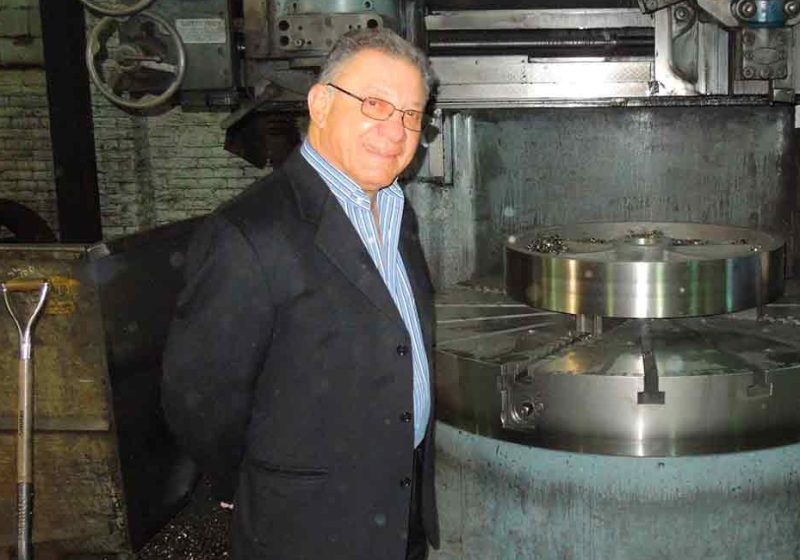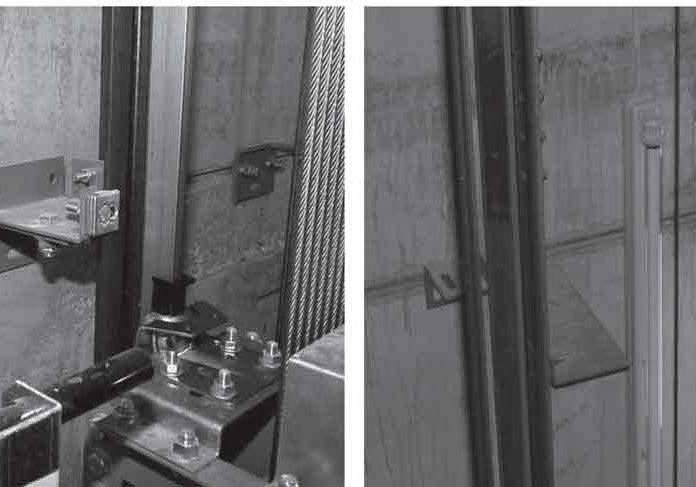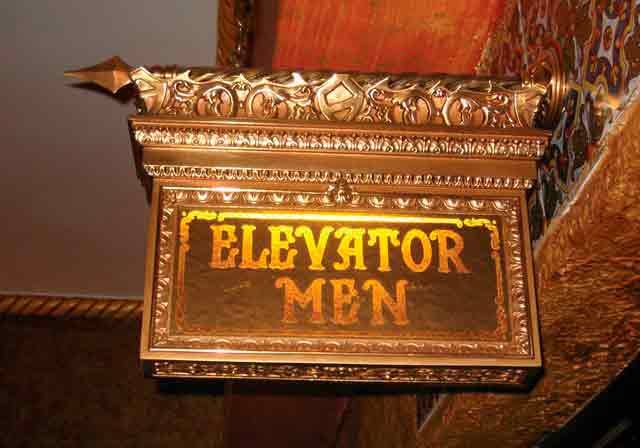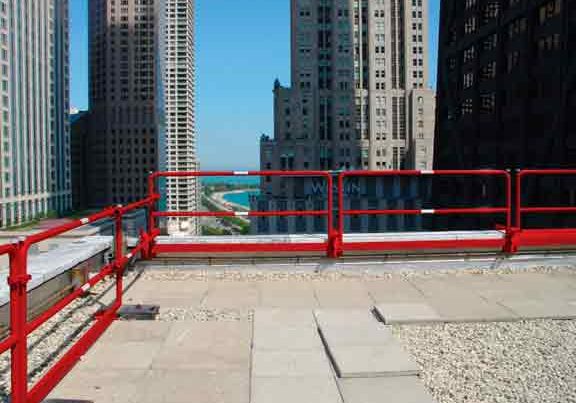North America is experiencing a skills shortage, compounded by the remnants of the global recession. Many entering the workforce are young and need training, but even older workers looking to get rehired often need retraining. Older workers are more prevalent than before, as populations are aging in great numbers. This is evidenced in the fact that in the U.S., labor-force participation of those aged 55 and older rose 3/10% last year to 40.5%, exceeding the level of 2007 by 2%.[1] As for Canada, The Globe and Mail reports the country’s “failure to graduate enough tradespeople has been a constant for decades.” Key industry sectors and leading employers in Canada have been warning of a skills shortage and lack of skilled tradespeople, and technical training facilities “of all kinds” are called for to fill the large gaps or, as some call them, “mismatches.”[2]
Positions often go unfilled, because there are no qualified applicants to fill them. Companies and governments are focusing more on educating and training workers, particularly in “middle skills” jobs – those requiring more than a secondary education but less than a bachelor’s degree – which encompasses many elevator-industry jobs in the field. AOL Jobs and Urban Institute, which gathers data, conducts research, evaluates programs, offers technical assistance overseas and educates the U.S. on social and economic issues, concur there is a high demand for middle-skill workers and expect the trend to continue, culminating in nearly a million projected job openings for these workers in the state of New York alone.[3 & 4] It is also projected that the growth in supply of workers with these skills will shrink as baby boomers retire and are replaced with immigrants.[5]
U.S.
All major elevator manufacturers (OEMs) in the U.S. are signatory to the International Union of Elevator Constructors and must obtain their constructors from local hiring halls. This source depends on the National Elevator Industry Education Program to provide basic skills training for apprentices seeking to become journeyman mechanics, as well as mechanics in search of continuing education.
ThyssenKrupp Elevator Americas offers mechanics specific tech-based training at its International Technical Services (ITS) facility in Dallas/Fort Worth. The ITS program follows a modified version of Instructional Systems Development, which was created and remains in use by the U.S. military. According to the company:
“We provide service-level training for our offices in the field via the ITS center on both our own and foreign equipment. In addition, we offer a broad range of administrative-, sales- and management-related courses to our employees via a variety of delivery methods, such as webinars, classroom, eLearning, on-the-job training, etc. Our intention is to have the most skilled, well-prepared employees.”
KONE is also feeling the skills gap created, in part, by retiring baby boomers. Wes Askren, senior vice president of New Construction, Americas, for KONE, explains the dichotomy of many available technicians who have basic vertical-transportation-systems training but are not trained on specific systems or not up to date with modern equipment:
“Technology has changed dramatically and continues to change quickly. This requires a lot of retraining and new ways of training, such as delivering eLearning, blended learning and on-demand learning. We keep a database with records on each technician, which includes his or her certifications and details on levels of training attained. Our process is to identify where and when a particular skill will be required, then provide the specific training the technician will need for the job through virtual or blended methods.”
This way, says Askren, KONE knows what the technician knows, and the company avoids starting fresh with a subject when basic skills are not needed. Technicians consider this targeted training more efficient and, in their experience, usually more effective in terms of skill and knowledge retention than a classroom setting. The training itself consists of specific, step-by-step instructions for each process. Additionally, hands-on training is available to the employee once back in the field. On retraining experienced employees, Askren noted:
“It is easy to assume experienced employees know everything about every job, but this can be a dangerous mindset. This is why training has to be available for them, as well. Fortunately, we have found veteran members hungry for expanding their knowledge, often more than less-experienced employees: they are often more aware of the importance of keeping up to date with the technology.
Though mitigated in part by the economic situation of the past several years, persistent industry growth over the last three years has helped drive the industry’s demand for middle-skills workers, continued Askren. He says the situation exists across all North American markets, as the implementation of new technology is not slowing down anywhere. To keep its training processes as current as its technology, KONE partners with universities across the continent to help understand how to deliver the needed information most effectively, both in terms of cost and long-term retention.
The National Association of Elevator Contractors (NAEC) has also acted on the need for training elevator-management personnel. It reports that in 2011, it became clear there is a lack of concentrated training for managers and supervisors in the industry. There was (and is) a specific need for a quality comprehensive program to arm both new and seasoned professionals in management, supervision, sales and engineering with solid, consistent specialized education.
Shortly thereafter, NAEC began the development of the Vertical Transportation Management Program (VTMP). The VTMP focuses on experienced field personnel entering sales/management and those already with sales/management experience/education entering the elevator industry. The goal is to provide a basic working knowledge of vertical-transportation equipment and systems. It will include presentations on principles of finance, business management and marketing specific to the industry, along with effective project-management safety issues. Students will be expected to learn to apply relevant codes and regulations, as well as fundamentals of sales and marketing and personnel management relevant to the industry. The complete course will consist of nine units, estimated at 150 hr. It will be presented online, and participants may complete it at individual paces.
Canada
The Canadian Elevator Contractors Association (CECA) is another North American group of contractors and suppliers that strives to improve the state of industry safety. Last year, the Technical Standards and Safety Authority (TSSA) in Ontario mandated that changes to maintenance requirements would come into effect on May 1, 2013, when it issued the following in a bulletin:
“. . . the requirement for a maintenance control program (MCP) as part of the maintenance regime. The MCP is a blueprint and procedure document detailing how and when maintenance will be performed on a specific piece of equipment, including the recording of repairs and replacements, as well as the supporting documents detailing the exact procedures for mechanics to perform the maintenance, repair or testing tasks. . . . Implementation of the MCP will require new log books to record the additional maintenance tasks that will be required.”
In Ontario, elevating-device mechanics are required to pay a CAD75 (US$73.81) fee and undergo 12 hr. of continuing education to renew their licenses. While not part of continuing education, the MCP was intended to instruct the mechanics and keep them current on all equipment requirements.
CECA formed a committee to work with TSSA and other invited parties in developing its own MCP, as it felt developing an MCP would be a large undertaking and financial burden on any lone company that tried to put its own together. Committee Chairman Bill Rogan of Skyline Elevator and representatives from CECA member companies Delta Elevator, Elevator One, Quality Allied Elevator, Trident Elevator and ThyssenKrupp (Canada) Ltd. presented this plan to a full house at a special meeting on January 16. The association reports feedback following the event as “extremely positive.”
CECA has released its MCP template on its website (www.ceca-acea.org/mcp) for download. Furthermore, individual procedures are available to CECA members. If taken advantage of, this effort will prove to be one of the most useful bridges crossing North America’s skills gap. Processes like those undertaken by the major companies and the industry’s numerous, dynamic associations have great potential to turn the tide of unemployment trends and meet the skills challenges employers face when compiling a prepared workforce.
References
[1] Johnson, Richard W. and Park, Janice S. “Labor Force Statistics on Older Americans, 2012,” Urban Institute, January 2013.
[2] Robinson, Nobina. “Business Must Share Responsibility for Shortage of Skilled Workers,” The Globe and Mail, March 6, 2013.
[3] AOL Jobs. “’Middle-Skill’ Workers in Hot Demand,” accessed March 28, 2013 (jobs.aol.com/articles/2011/03/15/middle-skill-workers-in-hot-demand).
[4] Urban Institute. “What We Do,” accessed March 28, 2013 (www.urban.org/about).
[5] Holzer, Harry and Lerman, Robert I. “America’s Forgotten Middle-Skill Jobs,” Urban Institute, November 1, 2007.
Get more of Elevator World. Sign up for our free e-newsletter.








